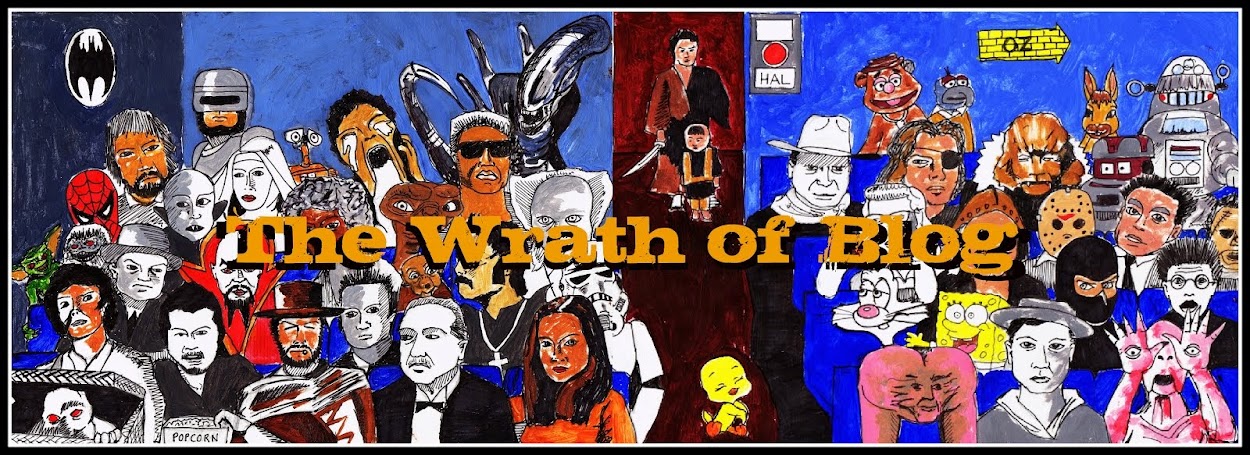 Most of the controversy surrounding the film at the time was it's unflinching, and some would say glamorous, portrayal of heroin addiction. The opening 15 minutes is a relentless, highly energetic introduction to the Edinburgh drug scene, where addict Mark Renton (Ewan McGregor) informs us of the delights of heroin, a life choice for the characters in the film as opposed to the 2 point 4 children suburban life we're all meant to be striving for, where washing machines, dental insurance, and electric tin openers are necessities. Why does he prefer to spend time shooting drugs with a bunch of low-lives, sat in the squalor of a drug dealer's house? Who needs reasons when you've got heroin, Renton tells us.
Most of the controversy surrounding the film at the time was it's unflinching, and some would say glamorous, portrayal of heroin addiction. The opening 15 minutes is a relentless, highly energetic introduction to the Edinburgh drug scene, where addict Mark Renton (Ewan McGregor) informs us of the delights of heroin, a life choice for the characters in the film as opposed to the 2 point 4 children suburban life we're all meant to be striving for, where washing machines, dental insurance, and electric tin openers are necessities. Why does he prefer to spend time shooting drugs with a bunch of low-lives, sat in the squalor of a drug dealer's house? Who needs reasons when you've got heroin, Renton tells us.But the style doesn't eclipse the substance. Director Danny Boyle, making his second film after the excellent Shallow Grave (1994), is wise enough to keep focus. Renton's life is fascinating and sometimes exciting to watch, but it doesn't make us want to move to a council estate in Edinburgh and spend time with these types of people. Renton's closest 'friends' include pimp Sick Boy (Jonny Lee Miller), an expert in James Bond trivia; the speed-addled Spud (Ewen Bremner); the clean-cut, weight-lifting Tommy (Kevin McKidd); and the sovereign-wearing, utterly terrifying psychopath Begbie (Robert Carlyle). And with heroin, comes destruction. Boyle shows us an overdose beautifully scored to Lou Reed's 'Beautiful Day', and a truly ugly cold turkey scene.
But the film has becomes a victim of it's own stylish choices. Back in 1996, Trainspotting felt fresh, exciting, and slightly dangerous, but it's been ripped-off so many times in such a lazy and poor fashion that it has become slightly dated. Just three years ago, another Irvine Welsh adaptation, Ecstacy, adopted the same poster layout as this. Don't get me wrong, Trainspotting is still an excellent film, it has just lost some of it's youthful vigour and confrontational attitude that served it so well almost two decades ago. McGregor is excellent: a charming, charismatic, yet often repulsive narrator akin to Malcolm McDowell's Alex DeLarge in A Clockwork Orange (1971), and his mug will no doubt decorate the walls of many a student house for years to come. Still one of the most important films to come out of Britain, just a slightly damaged one.
Directed by: Danny Boyle
Starring: Ewan McGregor, Ewen Bremner, Jonny Lee Miller, Kevin McKidd, Robert Carlyle, Kelly Macdonald, Peter Mullan
Country: UK
Rating: ****
Tom Gillespie












